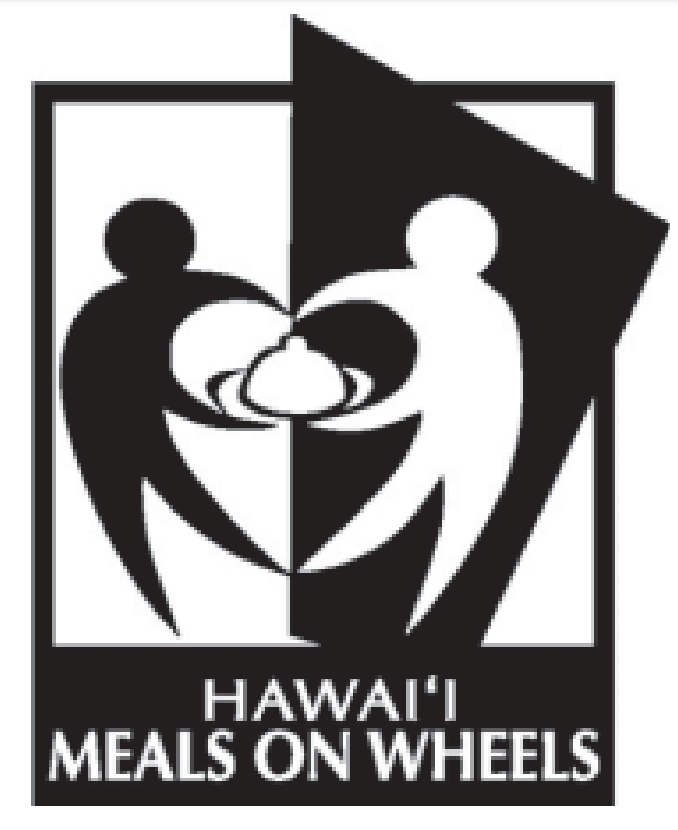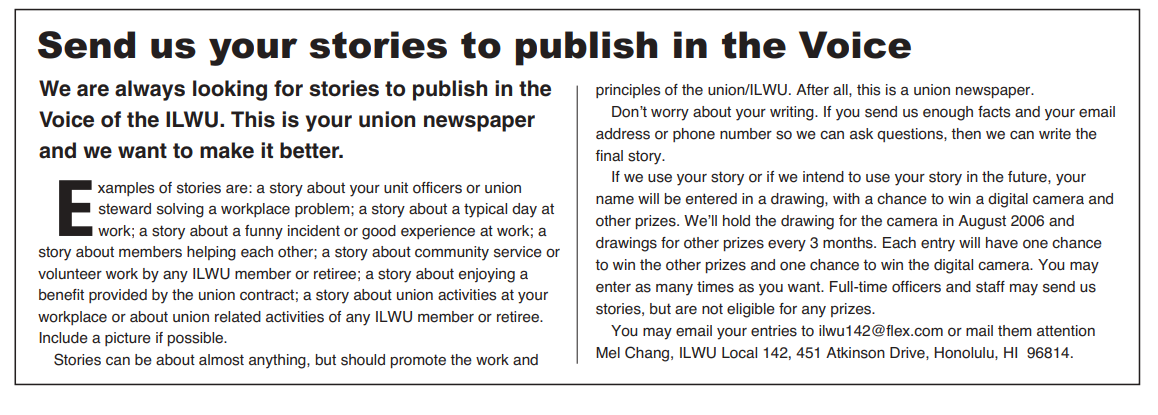the Iraqi National Accord of outgoing Prime Minister Issad al Allawi, and a party of Arab nationalists.
The FWCUI condemned the balloting. “Its purposewas to impose the American project on Iraq, and give legitimacy to the government imposed by the occupying coalition,” President Falah Alwan said.
The FWCIU is allied with the small Workers Communist Party of Iraq. The oil union, which took no position on the election, is independent both of other union federations and of political parties.
Looking for a new Iraq
While Iraq’s new unions see different methods and timing for getting rid of the occupation, all agree it should go as soon as possible. But they are not only some of the occupation’s main critics on the ground—they also uphold a vision of an alternative future that has inspired progressive Iraqis for decades. Labor’s veterans remember the heady days of the 1958 revolution, when organizing unions, breaking up the big estates and building public housing for the urban poor were not just dreams, but government policy. Oil was eventually nationalized, and before Saddam Hussein’s wars, the revenue was used to build universities, hospitals and big government-owned factories.
In the U.S., where people know little of Iraqi history, that vision is unknown. Yet millions of Iraqis have a long record of supporting radical progressive ideas and paid for their ideals with death and prison. Unionists, women’s rights advocates, teachers, journalists and members of progressive political parties see Iraq as a peaceful country, with a government committed to social justice, using its oil wealth to give common people a decent chance at life.
Whether they have a real opportunity to develop a progressive, democratic future depends on more than their efforts alone. Creating the political space needed by Iraqi civil society also depends on the actions of an anti-war constituency in the U.S. Six Iraqi trade unionists, from the GUOE, IFTU and FWCUI, toured 25 U.S. cities for two weeks in June, to help their union counterparts understand the cost of the war in a new way (see story page TK). They all called on U.S. labor to press the US government to end the occupation.
U.S. Labor Against the War, which brings together anti-war forces in U.S. unions and organized the Iraqis’ visit, is waging a fight within the AFL-CIO to win a call for the withdrawal of U.S. troops. The ILWU was the first union in the AFL-CIO to adopt such a position, and was followed by other major AFL-CIO affiliates, including SEIU, CWA, AFSCME, Graphic Communications, Mailhandlers (part of the Laborers), and numerous state, district and local bodies. USLAW has campaigned for Congressional action to end the ban on Iraqi unions, and raised money to help them survive.
“International cooperation,” USLAW coordinator Gene Bruskin said, “can provide significant political muscle to change U.S. policy, both on war and privatization, and help those forces in Iraq which want a progressive and democratic future.” ◆
Food for the journey, hope for the soul
Most of us take our independence for granted. We think we can take care of ourselves without anyone’s help. But what happens if we become too old or too ill to shop or even cook for ourselves? If we’re lucky, we have family or friends to prepare our meals and lok in on us. But what if we’re not so lucky?
Hawaii Meals on Wheels provides a valuable service to meet that need. Each weekday, volunteers deliver hot, nutritious meals to hundreds of elderly and disabled individuals on Oahu who cannot cook for themselves and need a helping hand. Most of them live alone and welcome the daily interaction with other people.
Meals are prepared in eight vendor kitchens like Sodexho at Straub, where ILWU members work Hawaii Meals on Wheels pays the kitchens for the food and clients are asked to contribute what they can to the cost. A private nonprofit organization in its 26th year, Hawaii Meals on Wheels raises funds to subsidize costs through grant-writing, direct mail solicitation, some government assistance, and an annual fundraiser dinner.
The food is just one part of the service provided by Hawaii Meals on Wheels. Just as important as the meal is the friendly visit by the volunteer, who spends a few minutes each day chatting with the client and making sure he or she is all right.
Over the years, volunteers have been recognized as “heroes” by clients and other organizations The American Red Cross recently recognized one volunteer for helping a client to safety in a fire. When another volunteer did not get a response to her knocking, she alerted the resident manager who discovered the client had fallen and could not get up.

Contact Hawaii Meals on Wheels at 988-6747 if:
• you know someone who could welcome a meal and a visit each day, or
• you can spare a couple of hours a week or every other week to volunteer, or
• you would like to make a taxdeductible donation
Hawaii Meals on Wheels really does provide “Food for the Journey, Hope for the Soul.”
Note: Similar “meals on wheels” programs are available through Lanakila Rehabilitation Center on Oahu (531-0555), County Nutrition Program on the Big Island (961-8726), Office on Aging for Maui County (270- 7774), and Agency on Elderly Affairs on Kauai (241-4470). ◆

